|
3/1/2024 0 Comments SWIFT Collaborates with the National Institute of Teaching on a Research ProjectWe are pleased to start this new year collaborating with the National Institute of Teaching (NIoT) on a research project.
The National Institute of Teaching (NIoT) aims to root their research and programmes in schools. They seek to design research that addresses areas that teachers and leaders care most about and feeds directly back into programmes to strengthen training and development. SWIFT aims to create high-quality opportunities for staff to learn, develop and connect so that all children, especially the disadvantaged, achieve the best educational outcomes. This year, the NIoT and SWIFT are collaborating on a research project to learn more about the Early Career Framework (ECF) programme delivery, and how the ECF can be designed for schools in rural and coastal communities. Purpose of the Study Early evaluations of the ECF have shown that Early Career Teachers (ECTs) hugely value the support from Mentors. However, workload and balancing responsibilities for ECT Mentors remains a challenge (DfE, 2023). In addition, some schools in rural and coastal communities are reporting particular challenges in delivering aspects of the ECF. For example, schools with small staff bodies may find it more challenging to provide adequate time for Mentors off-timetable to meet the demands of the role. For some schools, the distance required for ECTs and Mentors to travel to in-person training may require greater time outside of school. However, little is known across the country, and more evidence is needed in order to understand the types of approaches that might be needed to deliver the ECF in different geographic locations. The Aim of the Study The intention is to support ECF design for schools in rural and coastal communities, with an intention to build towards a larger study to pilot promising strategies in order to:
How will the findings be used? This research will be used to tailor the NIoT’s own ECF design to be suited to different geographic locations, and to make sure that schools, ECTs, ECT Mentors and school leaders have the support they need to deliver the ECF. There is also the intention to build towards a larger study to pilot promising strategies. The NIoT will also use the research to make recommendations to the sector, and for awareness-raising and advocacy to shape future policy revisions. How can I get involved? If this study sounds like something you are interested in, we would like to hear from you! The study will run from January to October 2024 and will involve a national survey, and qualitative research with selected schools in the North East and South West regions of England. Research Interviews The NIoT are currently looking for schools to take part in the qualitative research strand between March to May 2024 and would like to interview six to ten Early Career Teachers (ECTs), ECT Mentors, Induction Tutors and/School Leaders across a range of schools in the North East and South West England. Interviews will last for about 45 minutes, and a member of the NIoT Team will come to your school in person at a time that is convenient to you. There is no obligation for any other member of staff in your school to take part, if only one staff member is interested and each individual who participates will receive a £10 book token as a thank you for their time. Advisory Group In addition, they are also looking for a small number of teachers and leaders to participate in an advisory group for this study. This will involve two to three sessions throughout the year, held remotely and at a time agreed with the group, depending on availability. The group will guide the study team in making sure the findings are useful, and will share them in the most impactful way. We welcome your interest in participating in the research or joining the advisory group. By the National Institute of Teaching and SWIFT Team
0 Comments
“Every child should have the opportunity to succeed regardless of their background, challenge or need.” This was the second session in the SWIFT ECF Extra series led by Professor Sonia Blandford and Wendy Casson MBE with the objective of exploring the meaning of inclusion in educational policy and practice with practical strategies to develop inclusion in classrooms. Wendy has experience of working with the “forgotten child” in her previous role as the Head of a PRU where she learned about barriers to learning and Sonia teaches Music every Friday where she practises inclusion across her teaching groups. The following provides a summary of their views and insights on the theme of inclusion. As teachers, it is important always to have high expectations of all children. Part of this is positive relationships across all the dynamics between pupils, parents and teachers in order to get the connection to help them move forward. Be curious. Think as a teacher, is there something I could do differently? Why is the pupil struggling? Are they distracted? Have they got other issues? Consider a trauma-informed approach. What could you do to support them? Children learn differently. Look at other practice near and next to you. Consider external factors out of your control: lesson disruptions, what happened last night, family dynamics, the previous lesson, significantly, the weather and the child’s health that particular day. In practice, “inclusion is the action or state of including or being included within a group or structure. In a school or education setting, it means that every child and every adult who works or learns in a school is valued and whose personal needs are being met.” The four stages of inclusion are:
Inclusion fosters a sense of belonging for everyone - both pupils and teachers. Good schools who deliver inclusive practice value every member of the school community and help parents and carers to be the best parent they can be. Sometimes we kick against being led. But when led effectively, it brings belonging and purpose. Make time to talk and listen to colleagues and to share knowledge and practice. The inclusive classroom should not teach to satisfy Ofsted or to meet the Teacher’s Standards, but teach to meet the needs of the pupils. Allow the pupils to guide you. Keep reinventing yourself, push to do different things. When a lesson does not go well reflect on the effectiveness of your lessons and approaches to teaching and try something different. Embrace the trips and slips! In this fourth industrial (digital) revolution we do not know what the future holds in terms of climate change, and the economy; so it is important to think about an alternative approach and achievable goals for schools. System leadership should work across the Year Group, Key Stage and/or whole school as a shared vision and a commitment to each other for collaboration and improved communication with school leaders and teachers. Consider the foundations of:
Meritocracy has been around for 45 years and has been shown not to work on the premise that those that can will succeed and those who cannot fail. This is not where we want to be in education and we must foster values that include everyone. All children and young people should feel part of what is happening in school. Regrettably, the National Curriculum does not always support inclusion with its one size fits all approach. SEN and disability should not be a barrier to inclusion. Sonia noted that over the last 20 years, educators and parents have all become more aware, but have attached too many labels to too many children. Whereas, we should be more inclusive and integrate children despite their background, challenge or needs. Similarly, Multi-agency teams: SENDCO, SLCN, Ed Psych, CAMHS, Mental Health Practitioners, Social Care and Looked After Teams need to work together more effectively as they are rarely effective Currently, Sonia and Wendy are contributing to research led by Monash University in Australia to consider the approach to inclusion. Results from the student questionnaire found that 44% of students were satisfied to some extent, revealing that they did not feel included and were not happy in school, feeling teachers were not interested in them, they did not have a friend and did not have an advocate for them. Ultimately, they did not have a sense of belonging. The research found that teachers and Leaders listed the following barriers that currently hinder inclusion in their classroom:
Teachers can however take the following steps to support inclusion:
Know the child you teach. Children feel cared for when teachers know their name and know things about them. Know your students’ strengths and areas for development (do not say weaknesses!) and find the balance. Remember to confront without confrontation. Take the problem away, for example, children who arrive in school without a pen to write with. Some of whom are ready to battle with the teacher and waste time in the lesson. Simply, provide a pen for them (and be ready for the serial offenders) so that there is no challenge and disruption to the lesson. The child might not know why they have barriers to learning and it is often the child who needs to belong who does not belong.
Seek to understand their emotional wellbeing. It is often the things that you do not see that can make the difference. But remember the high-performing child. They might be good in your lesson. But stretch them further with targeted work. To conclude, successful inclusion has a shared vision as a core set of values and beliefs shared by all staff, with a commitment to creating an ethos and culture of achievement across the whole school with positive collaboration with parents, children and young people and others within and beyond the school, including other schools, in order to develop and share best practice. Good communication throughout this process encourages modelling positive engagement with all stakeholders. We thank Sonia and Wendy for this uplifting can-do presentation on Inclusive Practice in all Classrooms that makes sense in order to support positive outcomes for all children and young people. The final session in this three-part series takes place online on Thursday 6 July 2023 at 1600 and will focus on Parent and Carer Engagement to Improve Student Outcomes (register on the link below). Report by Jude Owens, PA to the SWIFT Executive Team This next SWIFT Early Career Framework (ECF) Extra session on High Expectations and Behaviour was led by Professor of Social Mobility at Plymouth Marjon University, Sonia Blandford and Retired Headteacher of a PRU and Educational Consultant, Wendy Casson MBE. The “Extras” are free optional sessions available to SWIFT Early Career Teachers and Mentors and their wider school setting to enhance their experience on the ECF and benefit their reflection and practice in their classroom. Founded on 80 years of combined teaching experience and enthusiasm aplenty, Sonia and Wendy’s love of education, teaching and children was palpable and is also rooted in their backgrounds. Wendy comes from a background of a family of six children who were nurtured by their parents according to their different needs and nurturing has been part of Wendy’s practice as a teacher and school leader. Sonia and her twin were part of the Born to Fail study for their first 15 years (which is also the title of one of her books). Financed by a grant from the national Children's Home, the Born to Fail study looked at socially disadvantaged children born in Britain in the week of 3 - 9 March 1958. As children, Sonia and her sister did not care, because those around them did not care; which included failing her English Language O Level five times – although she has made up for it with her prolific 55 published books. There needs to be care and support. Commit, control and inspire pupils and young people to be curious about what they do, about what teachers do, and to be curious about the context and the standards of behaviour. Teaching is a learning journey for everyone. Even when it gets tough, it is a learning experience. Teachers should not always blame themselves. “Embrace the trips and slips.” If a lesson does not work, consider the many other external reasons and events that might be taking place at home. For example, the pupil might be a young carer with family pressures. An understanding of children’s backgrounds can help to support them in school and in addition, an awareness of the cyclical pattern of parents who failed at school and do not know how to parent their own children. The past will affect the present. This needs to be a whole school approach. “Go into the classroom in a positive way and speak to colleagues in a positive way.” Share your good practice and any concerns. Reduce the impact of toxic stress and support children more effectively by helping them to learn emotional self-regulation, show unrelenting positivity and kindness and use language that reduces stress rather than increases it. Relationships are key in school. “You’ve got to give what’s inside you.” Children can work out the frauds and if you do not want to get to know the children in your class, they will not want to get to know you. Maintaining boundaries, of course. Developing strong relationships with parents at home is equally important, and requires the development of skills to enable positive relationships with parents. Involve the parents every step of the way. Consider the six Principles of Nurture: Transitions for children that involve them stepping out of their safe environments can be managed. From home to primary school, then to secondary school and even consider the challenging and sometimes traumatic transitions between lessons. Teachers need to be flexible through the school day. We are all learning. “If we can’t teach to the children, then we can’t teach.” If a child does not (appear to) want to learn, the issue might be that the lesson needs to be pitched in a different way to meet their primary needs. Maintain high standards, and engage with every pupil and know them and understand how they learn. Be aware of misconceptions. If a child will not sit still, it might be that they need a sensory assessment and/or they might have an undiagnosed/ unmet behaviour or learning need. If a teacher is shouting all the time, they have lost control. On-call systems risk disempowering the teacher as the pupil perceives that that teacher does not want them in the class or cannot teach them if, and when, they are withdrawn from their lesson for poor behaviour. Learn from experience. Talk to the child. Confront without confrontation. “Most children love coming to school, some come to school to be loved…” When children feel safe and loved they will thrive and need the following eight things to thrive:
Rather than changing the child, change the support around them, which requires the skills to support the young person. Key Takeaway Action Points
SWIFT thank Sonia and Wendy for leading this insightful and positive session on High Expectations and Behaviour, which was a collaborative effort between Plymouth Place-Based School Improvement, Plymouth Marjon University and SWIFT. The next session in the series will take place on Thursday 18 May 2023 at 1600 and delves into 'inclusive practice' in all classrooms. Look out for more information in the ECF Programme Weekly Newsletter. By Jude Owens, PA to the SWIFT Executive Team At the start of October, we were glad to be joined by Senior Leaders, Curriculum Leaders and other colleagues for our Autumn Curriculum Forum led by national and regional expert curriculum speakers. The termly Curriculum Forums are designed to explore models and approaches to curriculum design, including the implications of Cognitive Science, and how to prioritise curriculum knowledge and content. The Forums also consider equality, diversity and inclusion and explore how leaders can ensure these values are enshrined across curriculum development, and consider the implementation for inspection and beyond. Part A | Keynotes “The most fundamental reason to choose curiosity isn’t so that we can do better at school or at work. The true beauty of learning stuff, including apparently useless stuff, is that it takes us out of ourselves, reminds us that we are part of a far greater project, one that has been underway for at least as long as human beings have been talking to each other. Other animals don’t share or store their knowledge like we do.” (“Curious: The Desire to Know and Why your Future Depends on it,” Ian Leslie).  "Principles of Meaningful Curriculum Development" | Kat Howard With evident enthusiasm for all things curriculum, Kat Howard opened this launch event with her keynote on “Principles of Meaningful Curriculum Development,” looking at how to align subject and school curriculum and shared her experience and expertise with some invaluable takeaways. Director of a large MAT Teaching School Hub, with experience as a school senior leader, Kat is author of the bestselling “Stop Talking About Wellbeing: a Pragmatic Approach to Teacher Workload” and is also co-author of “Symbiosis: the Curriculum and the Classroom.” An in-house Expert Adviser for the Teacher Development Trust, Kat writes curriculum content for the Reformed NPQ Leadership Suite. Curriculum development is a fundamental aspect of school life and is linked to teacher workload and retention and is one of the reasons teachers often state for leaving their post due to the disconnect and discontentment from wasted time on what they perceive to be fleeting initiatives. Hence the value of ensuring best intentions in crafting a curriculum do not go to waste. Often cited by teachers as the top two bests of teaching are: 1. Talking to students and 2. Teaching their subject. Kat encouraged leaders to empower Subject Leaders to design the curriculum as she believes they are best placed to make decisions about the curriculum and, of course, all subjects are different. Curriculum conversations are a must as curriculum implementation can be a fragile process. Interrogate the problems of the curriculum, explore and prepare the monitoring and evaluation as an ongoing process. Think objectively. Learn to critique. Is your curriculum fit for purpose for your school and students? Even if this means stepping away from an agreed national standpoint. A vital starting point is to create a shared language for the curriculum. Consider whether students can access the information and move to the next stage within the subject curriculum as a granular process. Be more informed by the substance of the teaching and be aware that oracy has an important part to play. Ensure a sense of balance and share as much as possible. Mitigate where misconceptions are more prevalent. Ask the right questions and interrogate the problem in the first place. In understanding the common barriers to curriculum development, leaders need to consider a shared purpose and make peace with the fact that working with children changes every year. Considering professional fulfilment in the process rather than the outcome can make a difference. Curriculum development can be the tension of balancing autonomy whilst contributing to a collective purpose. Prepare teachers in the design and development of the curriculum and work collaboratively together in an atmosphere of support, trust and feedback to improve student outcomes. Ensure everyone feels like a subject expert to teach the curriculum. So, what does your successful curriculum look like? Agree a theory of action process before any changes to the curriculum are made as a dialogical (= the use of conversation or shared dialogue to explore the meaning of something). Be tangible in the way the curriculum is discussed in identifying the problems. Look for evidence through conversations with staff and students. Ask deliberately provocative questions. How does it challenge students’ thinking so they can go out into the world and question for themselves? In sustaining curriculum development, it is essential to keep teachers at the heart and consider: What do we teach? Why do we teach it? Does it look as we imagined? What can we do to build on what’s working? Above all, do not compromise on the curriculum. Kat encouraged leaders to devote three days at the end of the Summer Term as protected time for curriculum discussions. We thank Kat for her energising talk and her guidance and encouragement in developing a meaningful curriculum. Follow Kat on Twitter at @saymiss and read her blogs at www.saymiss.wordpress.com  "Approaches to Decolonising Curriculum Knowledge" | Marlon Moncrieffe School leaders and educators understand the significance of equality and diversity in the curriculum, but this awareness was undoubtedly brought into public prominence and perception by the 2020 Black Lives Matter international protests. Next keynote speaker, Dr Marlon Moncrieffe led on this agenda with his talk on “Approaches to Decolonising Curriculum Knowledge” in how policy relates to theory and practice. Principal Lecturer at the School of Education at the University of Brighton, Marlon is the Knowledge Exchange Leader and Chair of the Research Ethics and Integrity Committee. His academic research work and expertise focuses on decolonising primary school curriculum knowledge with the aim of enabling and advancing critical consciousness in teaching and learning. Formerly a primary school Assistant Headteacher, Head of Maths, English and also Physical Education, Marlon is a Fellow of the Chartered College of Teaching and Council Member of the British Educational Research Association. As part of his research, Marlon engaged with the UK Parliament and House of Commons Education Committee to share his work; and through the Chartered College of Teaching, he has created resources that champion inclusive and equitable approaches to education, teaching and learning and to guide teachers in how to have confident conversations in the classroom. A child of the Windrush generation, Marlon reported how his research into centring the “Black” British voice in teaching and learning has found that nothing much has changed in the History curriculum from a UK perspective. The colonial time-warp persists with the past recurring in the present: from the slave rebellions across the Caribbean up to the Black Lives Matter antiracism protests in the 21st Century. It is a false justification of the hierarchical power of one racial group to be given more privileges in society. Macpherson’s recommendations in response to the murder of black British teenager Stephen Lawrence called for the decolonisation of curriculum knowledge and antiracist education to combat institutional racism. However, the National Curriculum has not changed in response to Macpherson’s recommendations. Teaching and Learning of British History has come under sharper scrutiny with calls for changes to the Conservative National Curriculum History getting louder and over a quarter of a million people signed a public petition calling for cultural diversity with Marlon working alongside other academics to share their findings. However, in response, the Government maintained that the Gove Education Curriculum Policy was “broad, balanced and flexible.” Yet Marlon showed how this denies the dominance of the one-dimensional Anglocentric and Eurocentric (= whites only) historical starting points throughout the statutory National Curriculum content, e.g. “Britain’s settlement by Anglo-Saxons and Scots” and “the Vikings and Anglo-Saxon struggle for the Kingdom of England.” Multicultural Britain = diversity in white and black. A curriculum should be broad or else it risks being narcissistic and, in this case, the British Government become the History-makers of identity. A hegemonic (= ruling or dominant in a political or social context) curriculum creates narratives for teachers to deliver. But it is important to be critically conscious. Time can bring about change in political consciousness and this can be challenged for relevance for the now and the future. Too often, Marlon found that when teachers are asked what British History in the curriculum means to them, they simply restate the National Curriculum content and their own existing knowledge, e.g. the Tudors, World War I and II. In other words, Anglocentric History as a cultural preproduction. Hence the value of a critical historical consciousness in the curriculum and as teachers, to take note when drawing up Schemes of Work to challenge policy and reform. We thank Marlon for his thought-provoking presentation and the reminder that it is good to challenge our sense of history across the British Isles. Follow Marlon on Twitter at @DrMoncrieffe Part B | Workshops  Part B of the Curriculum Forum was opportunity for delegates to choose from a range of phase-specific workshops. Amy Le Bredonchel | Primary | Curriculum Design: Knowing, Thinking and Communicating. Based on the principles of a Trivium approach, this workshop presented the principles behind a linked curriculum that ensures progression, retrieval and opportunities and showed how the questions ‘Why this? Why now?’ have been addressed, underpinned by the aim that remembering more, is knowing more. Ruhaina Alford | Primary | Whose Culture has Capital? Approaches to diversifying your curriculum to prepare children to be global citizens. Exploring the rationale behind why we should be doing this work; this workshop explored practical examples in various curriculum areas as to how we can reframe how we teach. Re-examining how certain subjects are taught through a western or colonial lens, and re-framing. Tom Graham | Secondary | Prioritising the curriculum at a whole-school level. This workshop explored how a focus on curriculum at whole-school level has helped to drive a deeper understanding of curriculum by all teachers and explored the structures to train teachers and quality assure the curriculum within a secondary school setting. Holly Pennington | Early Years | Language Led Learning – closing the word gap in the Early Years. This workshop looked at how this language-led spiral curriculum is implemented over an academic year, and the impact on children’s transition into Reception and beyond. Toni Smyth | Primary | Supporting primary schools to transform P.E. experiences for EVERY child, teacher and family. Given ambitious P.E. curriculums have the potential to transform experiences for every child, this workshop explored the intent and how schools can use the P.E. Premium for solutions that support teachers to implement effectively P.E., and have the greatest impact on the children in their care. Matt Pennington | Primary | How can Cognitive Science Drive Greater Outcomes for Early Readers? This workshop explained the intent of designing an early reading curriculum centred on Cognitive Science and looked at the implementation and how the cognitive science is embedded in long, medium and short-term planning and the significant impact it is making on the lowest 20% of pupils through quality first teaching. Annabel Skelton | Secondary | 'Book Club': The Jewel in the English Curriculum Crown. Book Club is an hour a week for all Key Stage 3 students, and is dedicated to the reading and academic discussion of a challenging text that complements learning within the curriculum. Using reciprocal reading strategies: summarising, clarifying, predicting and questioning, it explains how students are encouraged to see themselves as literary critics: building background knowledge, developing vocabulary and improving reading fluency. Harriet Marshall | Crossphase | A curriculum that prepares for life, learning and work through the UN’s Sustainable Development Goals. The UN’s Sustainable Development Goals (SDGs or Global Goals) are an ambitious framework for not only a better world, but also for a relevant and empowering school curriculum. This workshop looked at why a growing number of schools are developing their curriculum by linking to the 17 SDGs. Anthony Lees | Approaches to Formative Assessment in Primary Computing. This workshop considered and exemplified a range of formative, low stakes assessment mechanisms for instant feedback for teachers and learners through the lens of Primary Computing and considered how Computer Science concepts, such as sequence, repetition and condition can be reviewed with a range of digital tools and become embedded in the learning cycle for teachers and pupils. We thank and are grateful to all our contributors for sharing their curriculum experience and expertise, and providing considered sessions for our Curriculum Forum. Watch out on our social media channels for details of the Spring Term Curriculum Forum. Report by Jude Owens, PA to the SWIFT Executive Team 9/5/2022 0 Comments Early Career Framework and Appropriate Body Service 2022-2023 | SCHOOL SIGN-UP NOW OPEN!We are delighted to announce that sign-up for the SWIFT Early Career Framework (ECF) and Appropriate Body (AB) Service 2022 - 2023 is now open, full details of which can be found on the ECF and AB website pages. If you have new Year 1 or Year 2 Early Career Teachers (ECTs) starting at your school this September, then you will need to register for these services via the sign-up link below. Please note, you do not need to complete this sign-up form for any ECTs who are already participating in our ECF programme and AB service. The form should be completed by your school ECF Lead/Induction Tutor and it will be helpful to have the following information to hand:
Information Webinar In addition, following the recent series of ECF and AB information events, we are pleased to announce that we will be running an additional webinar for any schools who are new to either our ECF or AB service on: Tuesday 24 May 2022 | 1545 - 1645. If you would like to join us and learn more about the SWIFT ECF programme and AB service, please register for the webinar: Any Questions? If you have any further questions about either the SWIFT Early Career Framework or Appropriate Body service, then please do not hesitate to get in contact with our team: By Chris Harris, Deputy Director of SWIFT
|
SWIFT News
|
SPONSORED BY
Join us, be a part of our SWIFT community |
© COPYRIGHT 2022 SOUTH WEST INSTITUTE FOR TEACHING SWIFT. ALL RIGHTS RESERVED | Website by brightblueC
VIEW OUR PRIVACY NOTICES | VIEW OUR COURSE T&CS
VIEW OUR PRIVACY NOTICES | VIEW OUR COURSE T&CS

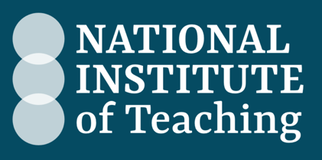
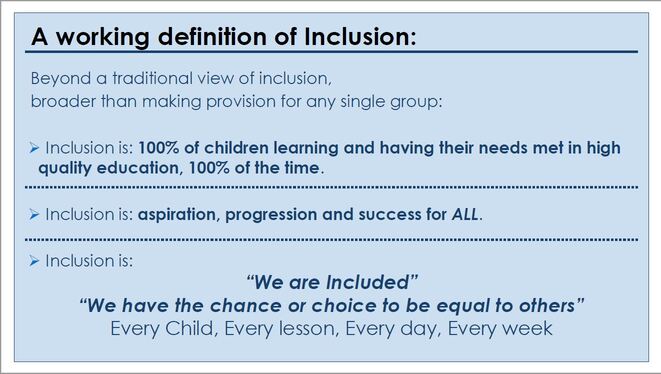
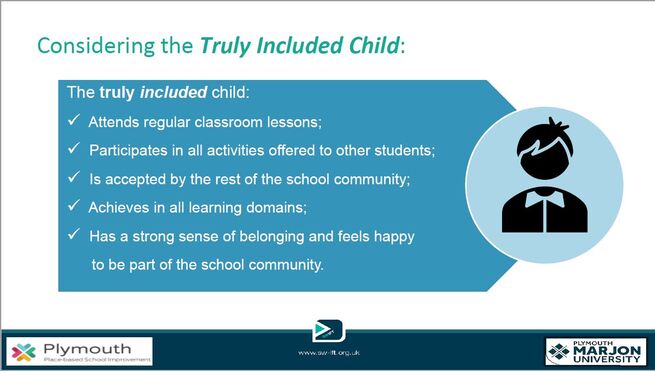
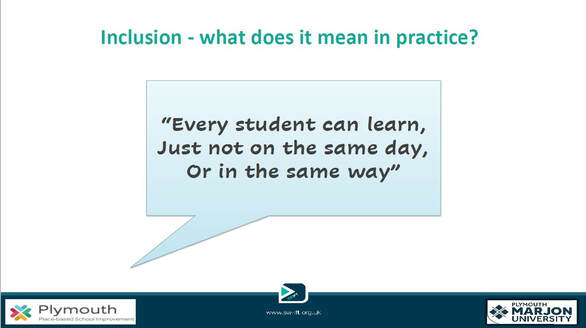
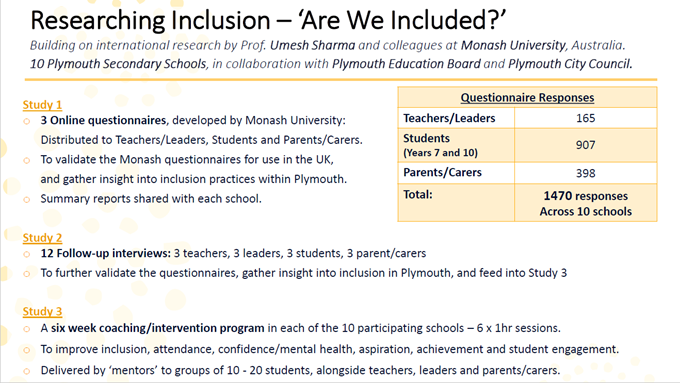
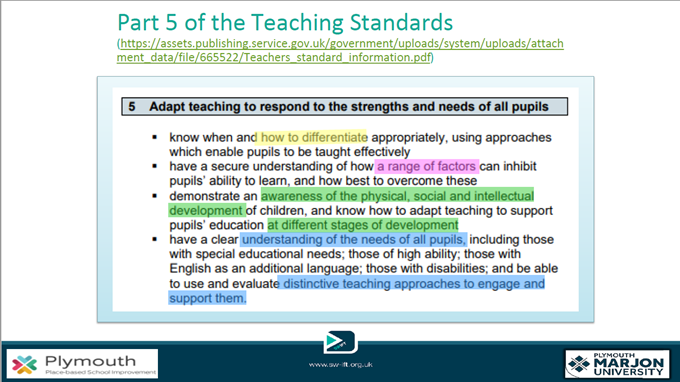
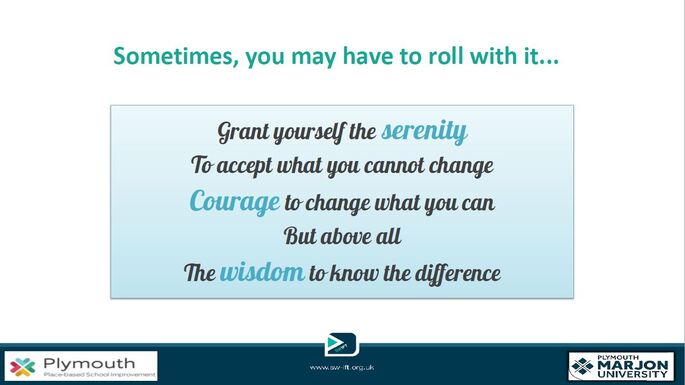

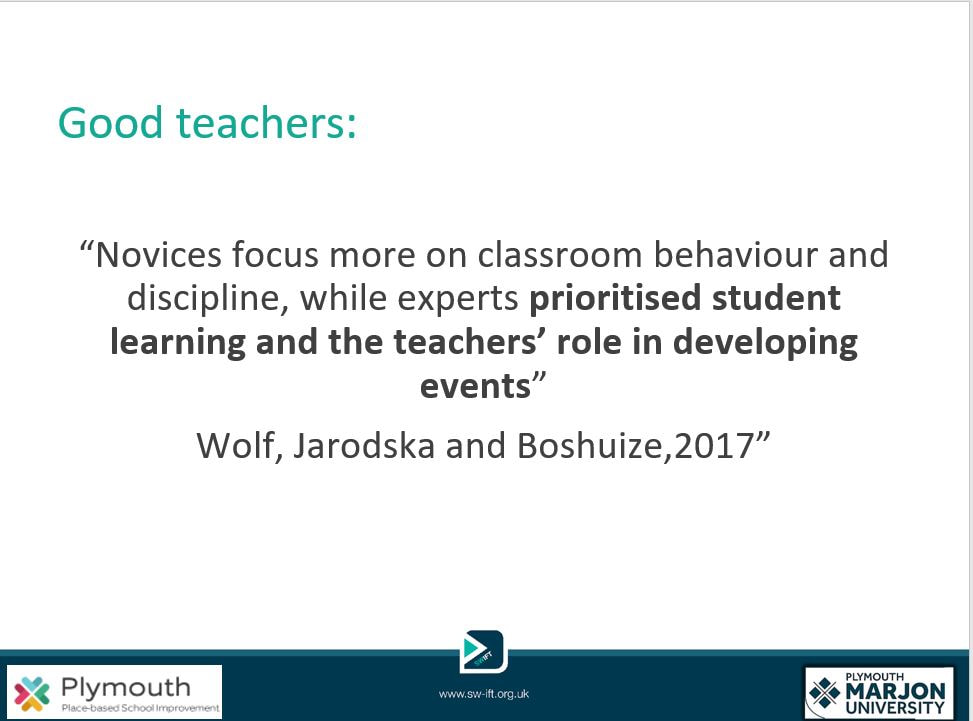
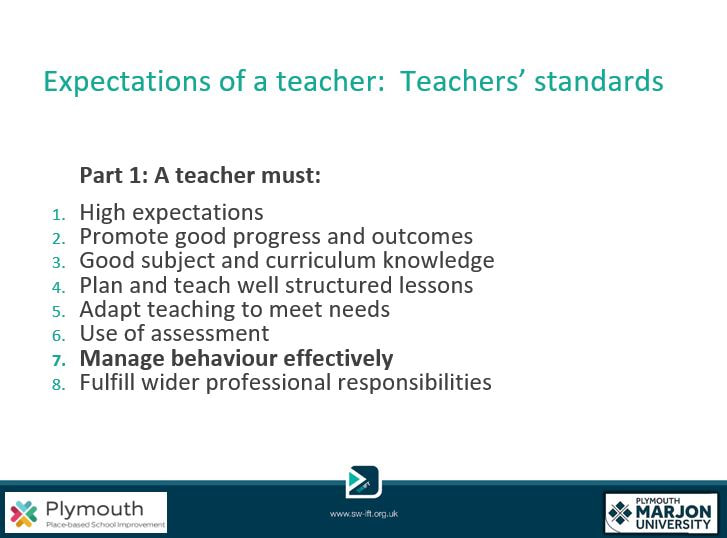
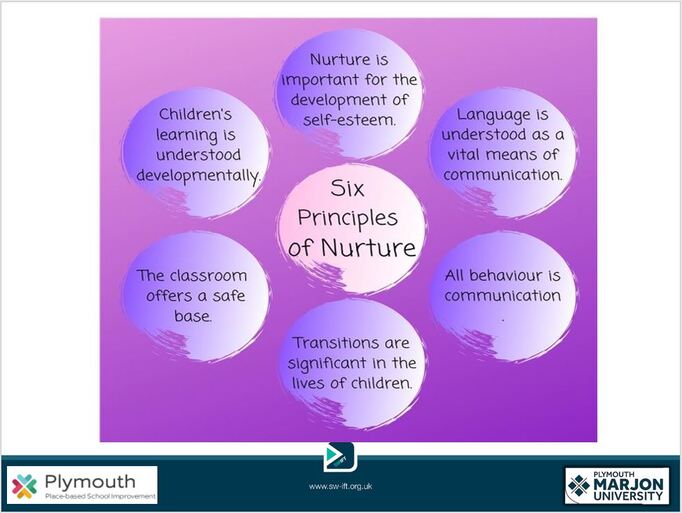
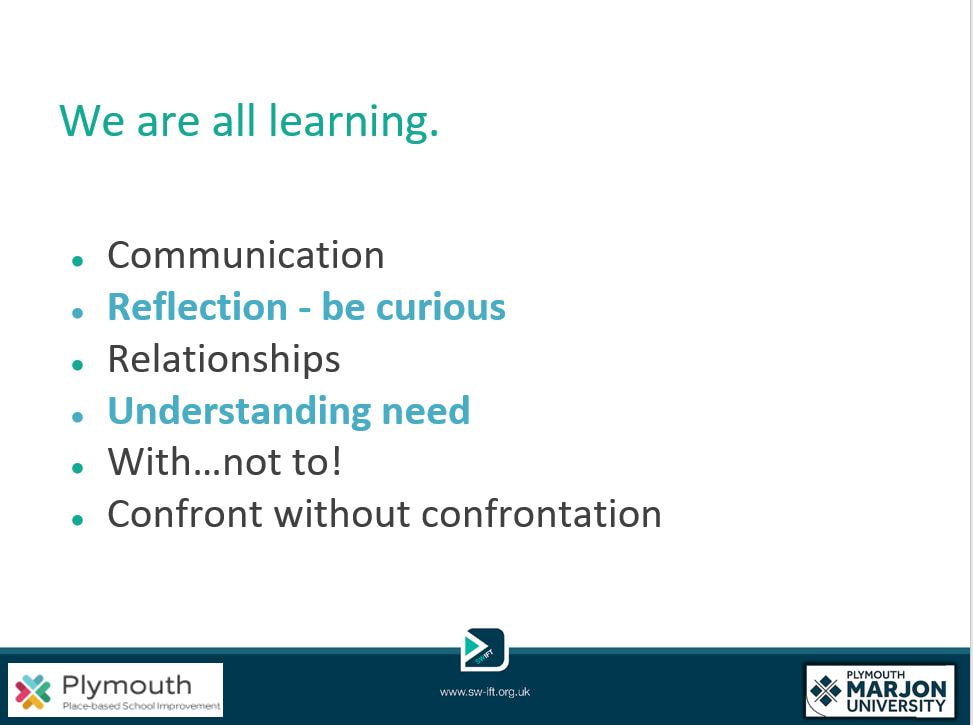
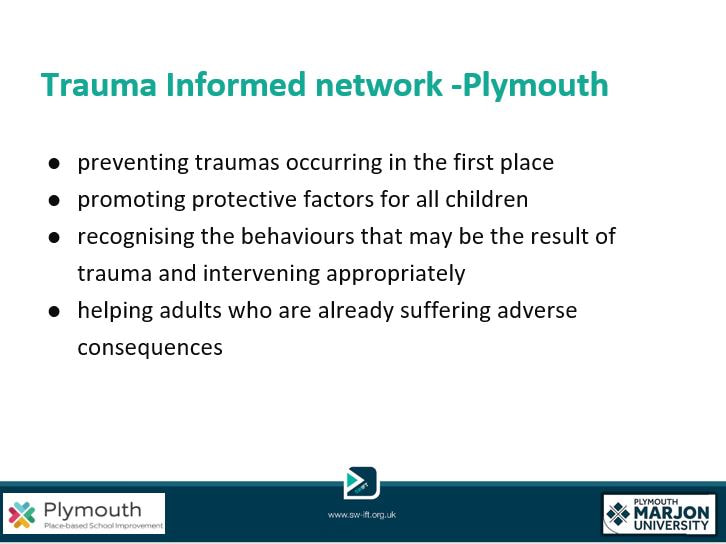


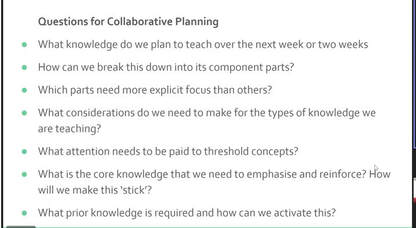
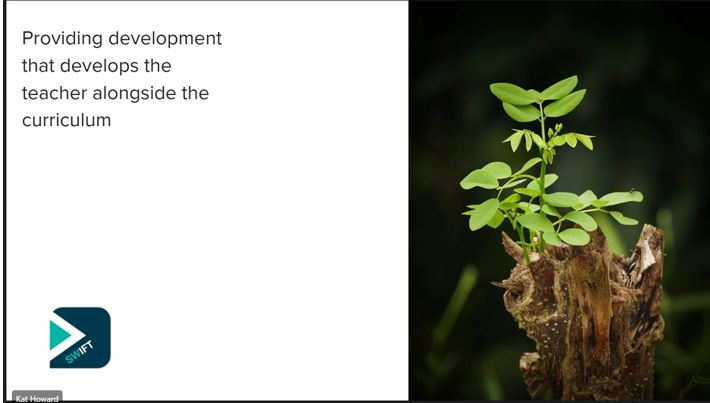
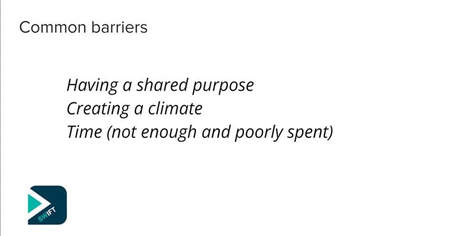
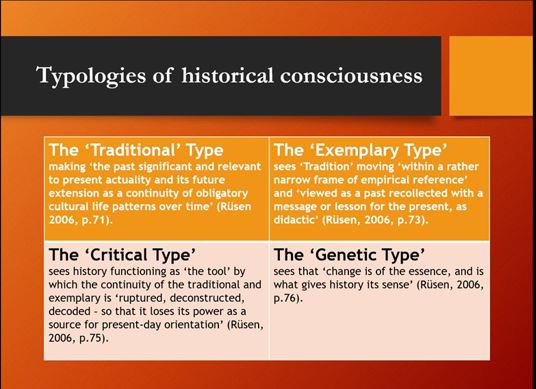
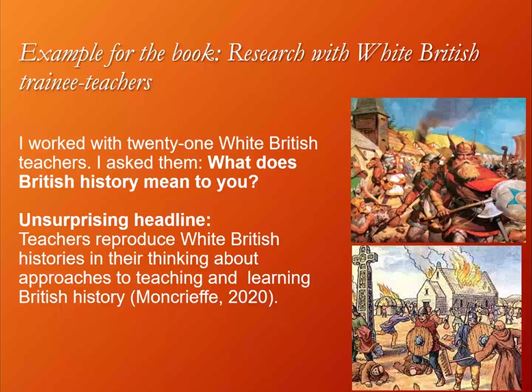
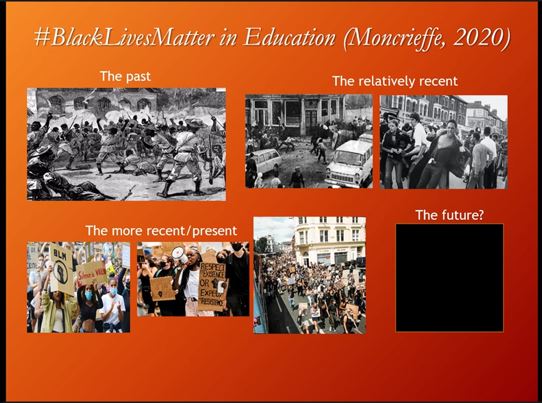
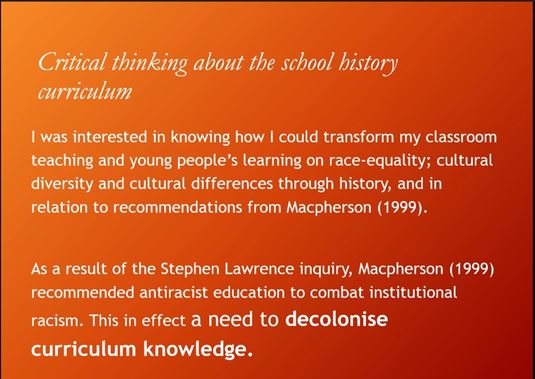

 RSS Feed
RSS Feed





